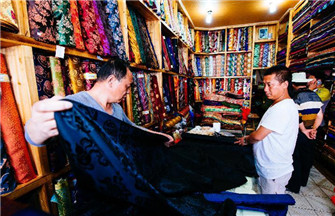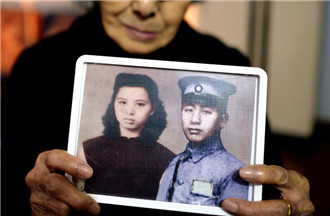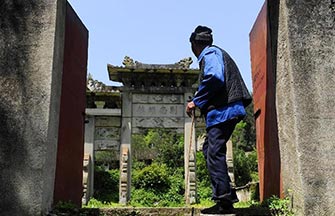Kung fu films make inroad into mainland with touring show
By Xu Fan ( China Daily ) Updated: 2015-08-27 08:15:18
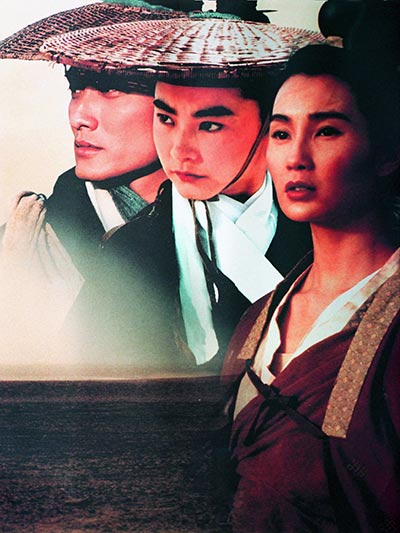 |
|
Dragon Inn is one of the highlighted movies of the event. [Photo provided to China Daily] |
The first round of China's nationwide enthusiasm over wuxia films began with The Burning of Red Lotus Temple (1928), which generated 18 sequels in the following three years and is regarded as the progenitor of this genre in Chinese cinema.
More than 200 films featuring people with swords and their fictional worlds were released from 1928-31.
But such films were barred from theaters during the Republic of China (1911-49). The government then worried about the impact of depictions of "supernatural abilities" on the public.
Wuxia saw a resurgence in Hong Kong in the '50s, represented by titles produced by Shaw Brothers, after some talented filmmakers moved there from Shanghai.
Tsui, one of China's most influential directors and the host of the touring show's opening ceremony, defines wuxia as a combination of kung fu (wu) and the chivalrous spirit (xia).
His productions, such as Butterfly Murders (1979) and Warriors from the Magic Mountain (1983), broke the martial arts routine by using a mix of sci-fi and fantasy.
"China's wuxia films are a rare category because of their close connection with the country's history, culture, medicine, psychology and religions," he says.
Tsui, who studied at the University of Texas, says his interest in such films deepened after watching Hu's classic work, A Touch of Zen, in the United States.
"It was a familiar Hu, but he was also someone who made us feel strange. It was the first time I found out that fight sequences could be shot in that way," Tsui says of his student days in the US.
Wei Haijun, a veteran film critic, says: "The genre may be fading but isn't dying. From Ang Lee's Oscar-winning Crouching Tiger, Hidden Dragon, to Hou Hsiao-hsien's The Assassin, wuxia films still have charm and influence."
The Assassin won Taiwan director Hou the best director award at Cannes this year.
Related:
|
|
|
|
|
|
|
|
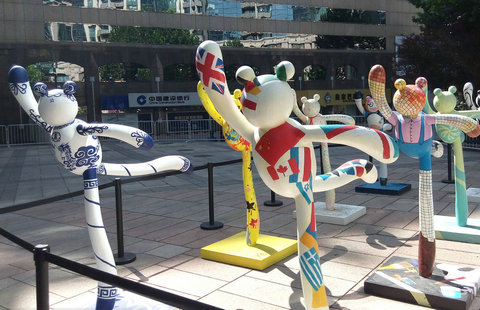




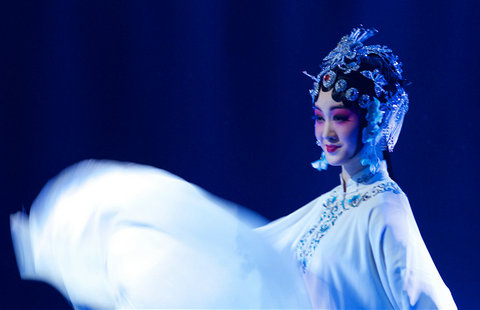
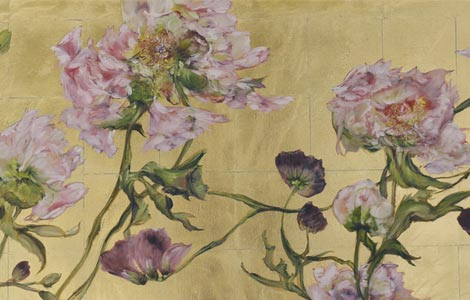
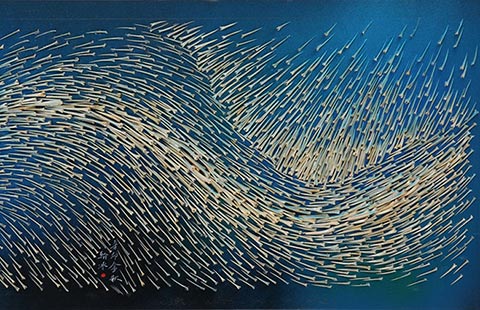
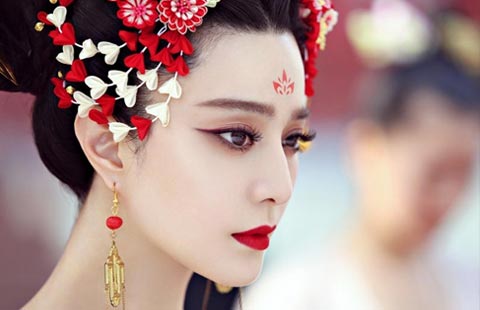








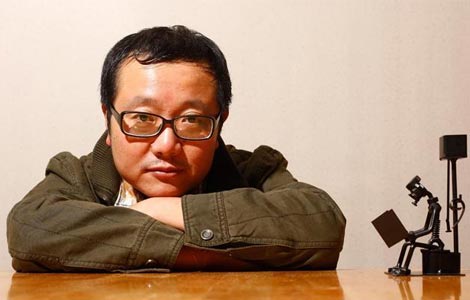
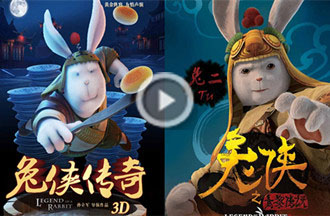
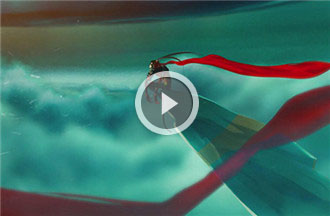
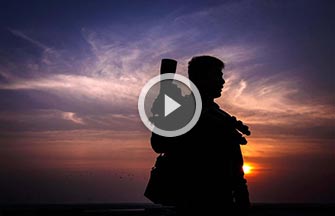
 Raymond Zhou:
Raymond Zhou: Pauline D Loh:
Pauline D Loh: Hot Pot
Hot Pot Eco China
Eco China China Dream
China Dream China Face
China Face
